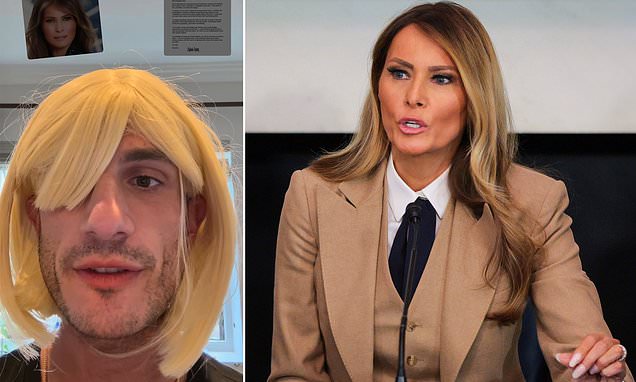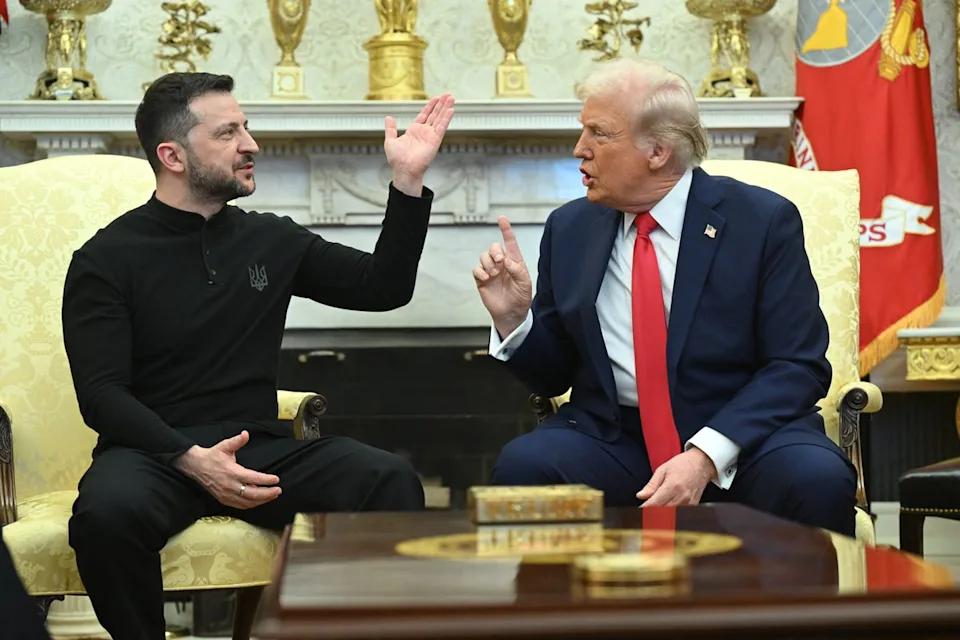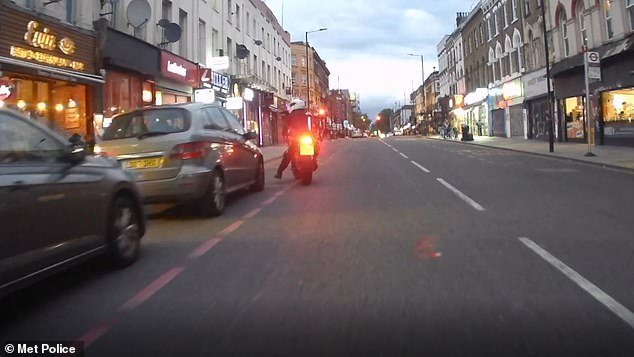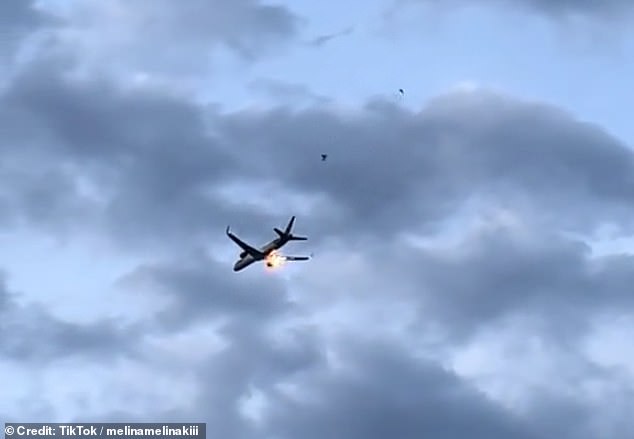Jack Schlossberg, the grandson of John F. Kennedy, decided to use humor as his weapon when reacting to Melania Trump’s open letter to Russian President Vladimir Putin.
Over the weekend, the 32-year-old put on a blonde wig, mimicked Melania’s Slovenian accent, and read her letter aloud in a parody video posted on social media.
Schlossberg captioned his video in a way that resembled Donald Trump’s signature style of capitalizing words, writing: “A message from our BEAUTIFUL FIRST LADY.”
He even signed off his post by echoing Trump’s favorite phrase, “We want peace.”
His Unfiltered Reaction to the Letter
After dramatically reading the First Lady’s words, Schlossberg broke character, removed the wig, and admitted that he was confused.
“What am I saying? This makes no sense,” he laughed, urging Melania to be “more specific” in her message.
Speaking directly to his followers, he said he found the letter vague and almost meaningless—recalling only her poetic use of “melodic laughter” and her plea for Putin to end the war.
He sarcastically suggested that perhaps Melania should talk to “someone who could actually do something about that,” clearly hinting at her husband, who had just met with Putin in Alaska.
Melania’s Vision in Her Own Words
In her letter, Melania Trump painted a heartfelt and idealistic picture of childhood innocence and global unity.
She wrote about children across the world sharing the same dreams of safety, love, and possibility, no matter where they are born.
She urged leaders to take responsibility for safeguarding future generations, telling Putin that he personally had the power to restore children’s “melodic laughter” and protect humanity through his actions.
Her letter ended with a bold call for him to embrace peace, declaring, “It is time.”
The Reality of War and Children in Ukraine
While Melania’s words carried symbolic weight, the situation on the ground in Ukraine remains severe.
Russia has been accused of abducting tens of thousands of Ukrainian children and relocating them to Russian-controlled territory—a move Kyiv has condemned as a war crime and even genocide under international law.
The United Nations has also criticized Russia for inflicting immense suffering on millions of children since its full-scale invasion in 2022.
This humanitarian crisis continues to highlight the deep gap between hopeful rhetoric and brutal realities.
Trump’s Shifting Tone Toward Putin
Donald Trump, who has often praised his conversations with Putin, has grown more publicly critical of the Russian leader’s continued attacks on Ukraine.
He even credited Melania for reminding him of the toll on civilians after their private discussions.
Still, Trump recently met with Putin for nearly three hours in Alaska but walked away without a ceasefire deal.
He insisted, however, that “some headway” was made and that both leaders had agreed on certain points.
Controversial Peace Proposals
Trump has floated ideas that stunned many European allies, including potential land swaps and security guarantees for Ukraine.
Critics have described the proposals as a major win for Putin, particularly since Trump dismissed Ukraine’s hope of joining NATO and rejected any plan to return Crimea to Kyiv’s control.
On his Truth Social page, Trump claimed Ukrainian President Volodymyr Zelenskyy could end the war immediately if he wanted, hinting that compromise—rather than continued resistance—was the only viable path forward.
What Comes Next?
As the war grinds on into its third year, Melania Trump’s poetic appeal, Schlossberg’s mocking critique, and Donald Trump’s controversial negotiations all highlight very different approaches to the crisis.
While Schlossberg laughs off the First Lady’s letter as confusing, others argue that her attempt at a humanitarian plea, though symbolic, is still meaningful.
Yet the harsh truth remains—the conflict in Ukraine will not be solved by words alone, but by difficult decisions that continue to divide world leaders.



